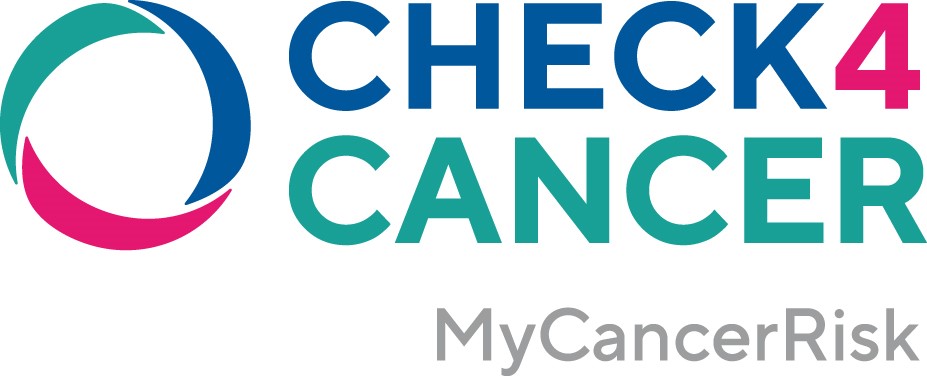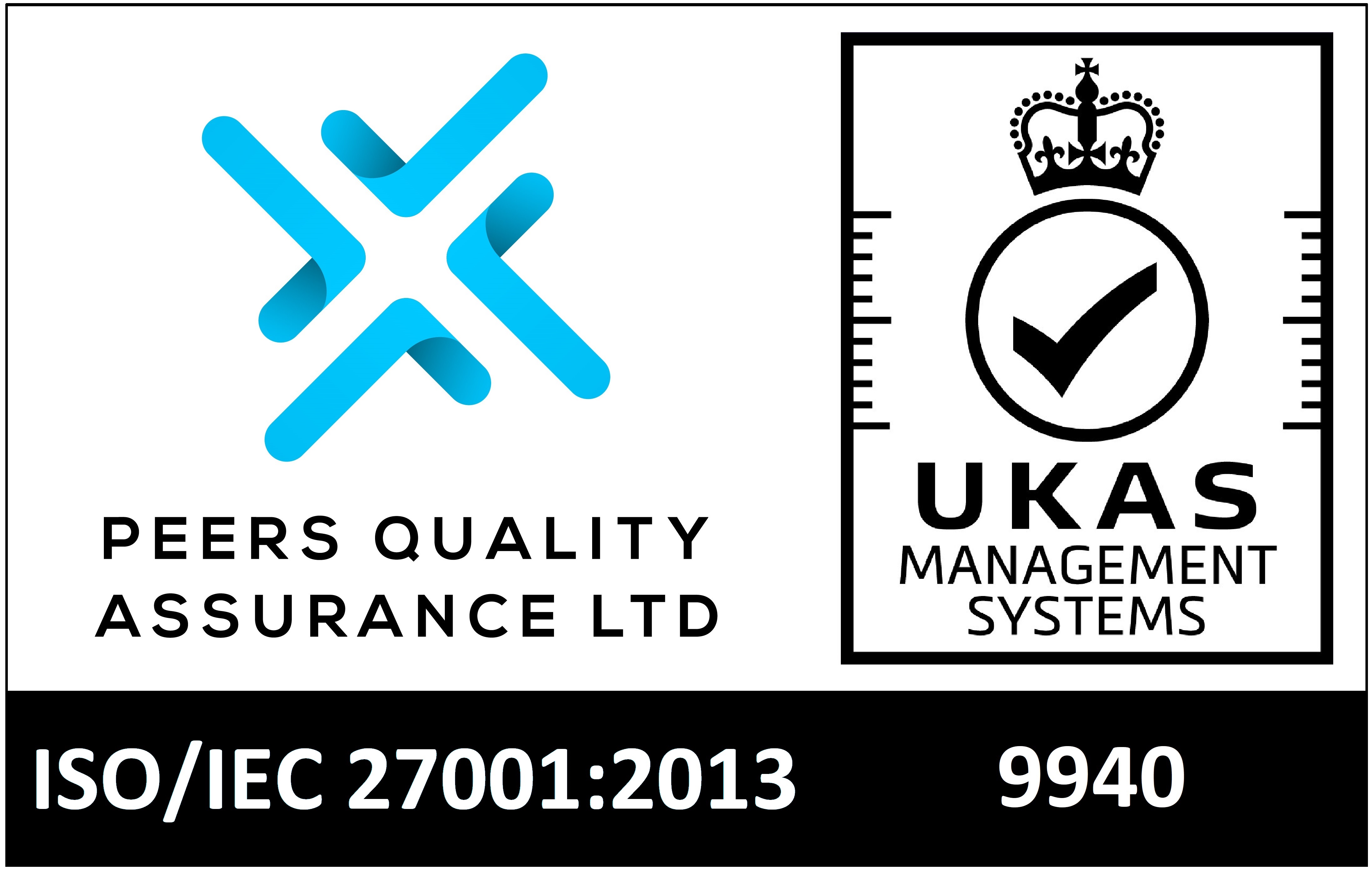We know how important early diagnosis and treatment is, so this Prostate Cancer Awareness Month, Check4Cancer is drawing attention to the risks and symptoms of prostate cancer and why it’s so important to get checked. We’re kicking off by looking at who is at risk of prostate cancer.
The prostate gland is usually about the size and shape of a walnut and gets bigger with age. Men, trans women, and some non-binary and intersex people have prostate glands and are therefore at risk of prostate cancer.
Prostate cancer is the second most common cause of cancer deaths in men in the UK and about 1 in 8 men will be diagnosed with prostate cancer in their lifetime.¹
Age
Age is by far the most significant risk factor for prostate cancer. The condition mostly affects men over the age of 50, and the risk increases as you get older, with the most common occurrence in men over the age of 70. Recently, there has been a 6-fold increase in men aged 40-59 being diagnosed with prostate cancer – this is partly due to the introduction of PSA tests for prostate cancer screening which can detect cancer before symptoms appear.
Family history
People with a family history of prostate cancer can have a higher risk of getting the disease. This may be due to inherited genetic mutations that can cause cancer. The risks are higher for men with direct relatives who have suffered with the illness, such as fathers, brothers or sons, as well as second-degree relatives, such as uncles, nephews, grandfathers and half-brothers. Family history isn’t confined to male relatives; men whose mothers have had breast cancer are also at a higher risk of developing prostate cancer, especially if the breast cancer is caused by a BRCA gene mutation.
Ethnicity
Black African or African-Caribbean men are more likely to get prostate cancer than other men. The reason for this is unknown, although it might be linked to genetics. According to research published in BMC Med, the lifetime risk of being diagnosed with prostate cancer is approximately 1 in 8 for White men, 1 in 4 for Black men and 1 in 13 for Asian men.²
Unlike many other cancers, there are no lifestyle risk factors currently associated with prostate cancer but a healthy lifestyle is still important.
There’s no national NHS screening programme for prostate cancer in the UK at the moment but if you think you might be at risk of prostate cancer there are private prostate cancer screening tests are available. Our PSACheck, is a safe, accurate and affordable prostate cancer screening test for men aged 40+. And there’s no need to be worried about seeing a doctor during the pandemic – PSACheck is an at-home test that simply requires finger-prick blood collection. You can then post your sample to us where it will be analysed by our specialists, alongside your risk factors, and results provided within one week. If you do receive an abnormal result, we offer full clinical advice, support and referral.
Remember that you can develop prostate cancer at any age, so if you are worried about symptoms, you should make an appointment to see your GP. Find out more about prostate cancer here.
References
¹ https://prostatecanceruk.org/prostate-information/are-you-at-risk
² https://www.ncbi.nlm.nih.gov/pubmed/26224061




